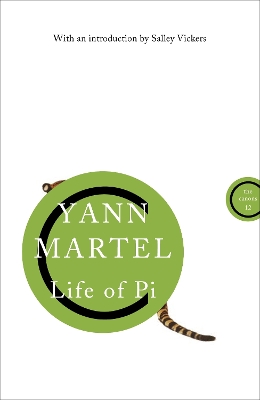Reviewed by clementine on
The story was somehow not very exciting. I don't even mean that in a bad way, because it had a lot more to offer than pure excitement. But for what it is - a teenage boy trapped on a lifeboat with a 450 pound Bengal tiger for 7 months - the pace was surprisingly leisurely. It was like Pi was in no real rush to tell the story, which I suppose is true.
There were a lot of threads in the book to follow, and a lot of things to think about. I certainly didn't come away from the book any more a believer, but there was still a lot to ponder. It's odd - generally such a religious character would drive me away, but I was drawn to Pi's religious views. Maybe because it was so open, and as much about the world and the nature of reality as the power and glory of God, but it didn't seem overbearing.
My two main issues: 1) The weird flash forwards told from another POV were inconsistent and confusing and didn't really add anything to the story. 2) Sometimes I found it difficult to picture what was happening. For all the technical descriptions, I never had a terribly firm grasp of the layout of the boat.
In the end, I came away from it feeling almost confused. Not in a bad way, either - I just don't know if I should believe Pi's story. It's left rather open, I think, which is part of the charm of the story.
I'm not sure if this is going to be one of my ultimate favourite books yet. I need more time to sit back and ponder it. I do know that I thoroughly enjoyed it and will probably read it again.
Reading updates
- Started reading
- 13 March, 2012: Finished reading
- 13 March, 2012: Reviewed
